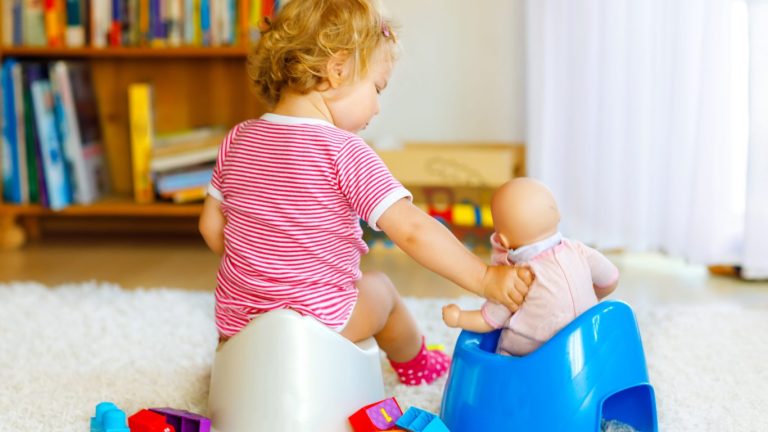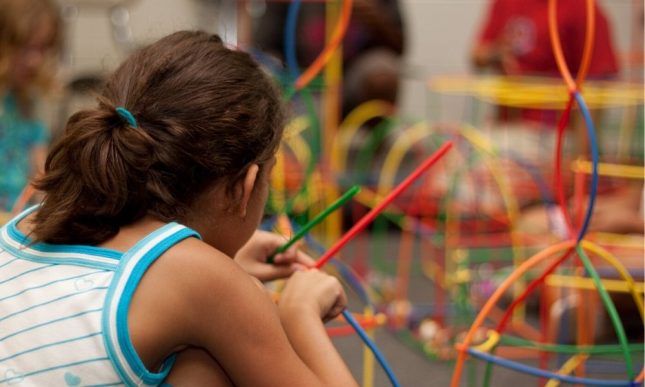Hand, Foot and Mouth is a common infection among young children. We provide sound, expert advice about the signs and symptoms, treatments, risks and complications of hand, foot & mouth here.
What causes Hand, Foot and Mouth disease?
This is a relatively common virus infection that is not related to the hand, foot and mouth disease that occurs in cattle.
Hand, foot and mouth disease is usually caused by the coxsackie A16 virus and generally infects children under 10 and especially preschool children.
It gives symptoms of fever followed by a sore throat and then spots inside the mouth and red blisters on the palms and soles.
The virus can also infect older children and adults, where the illness tends to be milder.
The virus is very contagious and spreads through direct contact, saliva and through faeces. Outbreaks can take place where they are large groups of children or within families.
The incubation period is 3 to 7 days.
Hand, foot and mouth disease is most contagious during the first week of infection when there are spots or ulcers in the mouth. Spots in the mouth usually clear within 7 days and the rash within 10 days.
What are the signs and symptoms of hand, foot and mouth?
Find out more about the signs and symptoms of hand, foot and mouth, so that you can diagnose what might be wrong with your child at home.
As always, if you’re at all concerned with your child’s wellbeing, take them to a doctor, or call your health professional for advice.
- Feeling unwell
- Mild fever
- Headache
- Loss of appetite
- Sore throat followed by spots inside the mouth
- Spots inside mouth are red, painful and appear on tongue and mucous membranes
- Mouth ulcers
- Spots on hands, feet, bottom, legs
- Spots are small and red similar to but smaller than chicken pox and don’t itch like chicken pox
- Tiredness
- Irritability
Children with hand, foot and mouth disease may have all the above symptoms, or just a few.
Treatment for Hand, Foot and Mouth
Your doctor will diagnose the illness through examination and throat/stool specimens. Generally the illness is mild, clears within a week and does not require medical treatment.
- Give soft, easy-to-eat foods such as yoghurt and ice cream
- Ensure plenty of fluids
- Ensure your child gets plenty of rest
- Paracetamol for pain relief from mouth ulcers or sore throat
- If your child stops drinking and you are worried about dehydration – contact your doctor immediately
- Call your doctor or emergency department immediately if your child develops a stiff neck, becomes confused or has a severe headache
Risks and complications
Here’s some risks and complications associated with hand, foot and mouth you should consider:
- Dehydration
- A mild form of viral meningitis
- Though it is rare, the illness can cause serious inflammation of the brain (encephalitis)
- Also rare is inflammation of the heart (myocarditis)
- Some questions have been raised if hand, foot and mouth can cause miscarriage or foetal abnormalities in pregnant women, though there is yet no clear evidence of this
What can I do to help my child with Hand, Foot and Mouth?
Here’s some more ideas about comforting your child if they do contract hand, foot and mouth, as well as some ideas about prevention of this infectious disease.
- Sooth sore throats with iceblocks, ice cream, cold drinks
- If your child is old enough, get them to regularly rinse their mouths with a cup of warm, salty water which will help sooth a sore mouth
- Keep your child home from school or away from other children
- Good hygiene is important to prevent contact with the virus – and to stop it from spreading
- Teach your children to wash their hands regularly
- Wash your hands every time after changing babies nappies or helping children toilet.
Now that you know more about hand, foot and mouth disease, you may want to know about 6 common contagious infections kids get from school. Or, for more expert health advice check out Health and wellbeing section.






my 4 year old boy infected by FHMD last month, and he fully recovered.but only this month he infect again.How come?
Hi Jane,
Hand foot and mouth is a viral infection so it’s not something you would get once and never again.
Hand-foot-and-mouth disease is spread by coughing or sneezing, or by contact with mucus, saliva, blisters or the bowel movements of an infected person.
Children are contagious (‘catching’) for around 7 to 10 days.
Frequent hand washing helps decrease the chance of becoming infected.
Staying away from others who have the disease and not sharing toys during the infection also helps prevent the disease.
Hope this helps,
Rochelle
My 2 year old daughter has just come down with hand foot and mouth disease today. Should I keep my 4 year old boy away from preschool in case he gets it too even though he shows no symptoms yet?
My two and a half year old caught this from daycare. She had it pretty bad. Sleepless nights and lots of tears. It has been a week and she is just now getting a little better. Then about 3 days ago I get a sore gland under my jaw, very painful, the next day I’m off work with a headache, hot and cold sweats and uncontrollable shivers. It only took another day for the ulcers to show up. My mouth is full of them, hands, feet, lower back, ears and all over my scalp. It’s unbearable and painful. My heart… Read more »
Hi, thanks for this information. My 2 year old daughters daycare has just advised they have had several cases of hand foot and mouth at the centre today when I picked her up. They have sent the children affected home immediately after discovering the symptoms and disinfected all toys and surfaces. I’m 22 weeks pregnant so just want to get some advice on just how careful I should be. Of course I can avoid kissing on the mouth, sharing food/drinks, but will still need to have close contact with her. Your thoughts would be gratefully considered 🙂
Hi Mum with a bump,
The chances of you getting HF and M are quite low…as it is likely you had it as a child, and adults don’t often get it anyway. Your unborn baby should be safe. Just take normal precautions, as you have already suggested.
Kind regards,
Kate (Well Child Nurse)